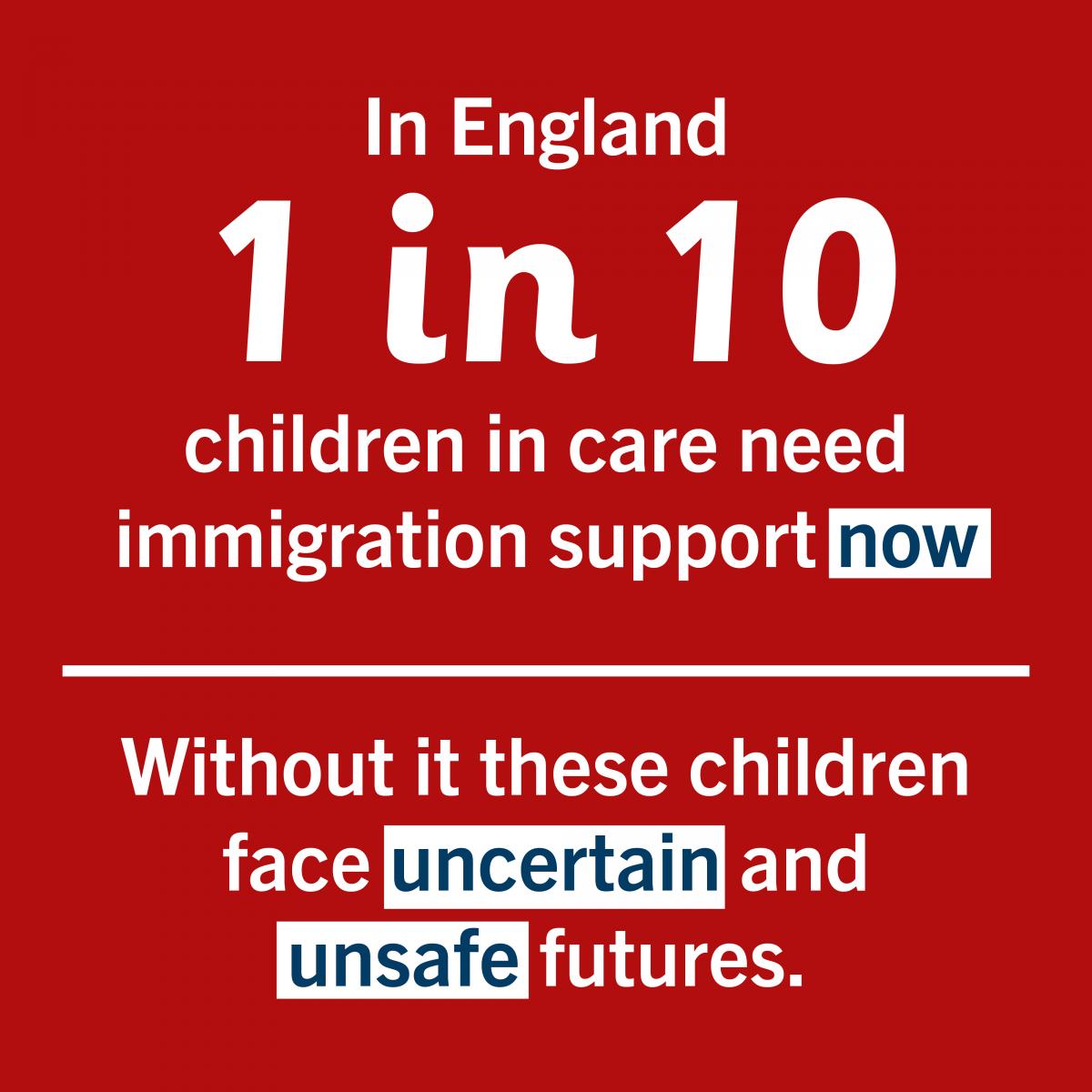
The report, Taking Care: How local authorities can best address immigration issues of children in care, also finds that delaying help on immigration and nationality issues could be costing local authorities hundreds of thousands of pounds per year. A citizenship application for a child costs £1012; by contrast, waiting until the young person leaves care can cost as much as £130,000 in Home Office fees and support with living.
Dr Carol Homden CBE, chief executive of Coram, said: “Children who are taken into care in England need their corporate parents to look out for them in every way, including sorting out their immigration status, citizenship and passport. In immigration and nationality law as with so many other areas, early intervention and a proactive approach can change the course of children’s lives, providing permanence and the chance to thrive.”
Keeley Creedy, Head of Community Care Law at Coram Children’s Legal Centre, said: “Helping to resolve looked after children’s immigration and nationality issues is a critical part of a local authority’s corporate parenting duties. The good news is that taking steps to resolve looked-after children’s immigration issues early is a win-win: it is much less costly for local authorities and is in the best interests of the child.”
Children growing up in England’s care system have rights in law to immigration status or citizenship, and just need to be supported to get the paperwork to prove those rights. Without it, they cannot lead full lives and fully contribute to their community. Resolving these issues early means young people avoid complications with applying for jobs, progressing to university, setting up bank accounts, getting driving licences or renting accommodation. Getting citizenship of the country they call home enables them to be active citizens and vote, or take up careers in the civil service, armed forces or police.
Aisha is a CCLC Youth Rights Trainer and care leaver, who was in need of immigration support while a looked after child. Aisha said: “Having no immigration status is a trap that it’s hard to escape from. Without understanding the law, and blocked from being able to work or study, it was hard for me not to feel rejected by the country that raised me. Knowing that so much could have been done, quicker and with better outcomes, shows how vital it is for local authorities to help children like me as soon as they can.” Aisha is now at university and on the road to British citizenship.
Coram Children’s Legal Centre and other charities are working with local authorities, asking them to sign a pledge to:
- identify all looked-after children and care leavers with immigration and nationality issues;
- connect looked-after children and care leavers with good quality legal support as soon as possible;
- take a proactive and informed role in supporting looked after children and care leavers through any immigration applications and appeals;
- enable those who are eligible to apply for permanent status and British citizenship.
